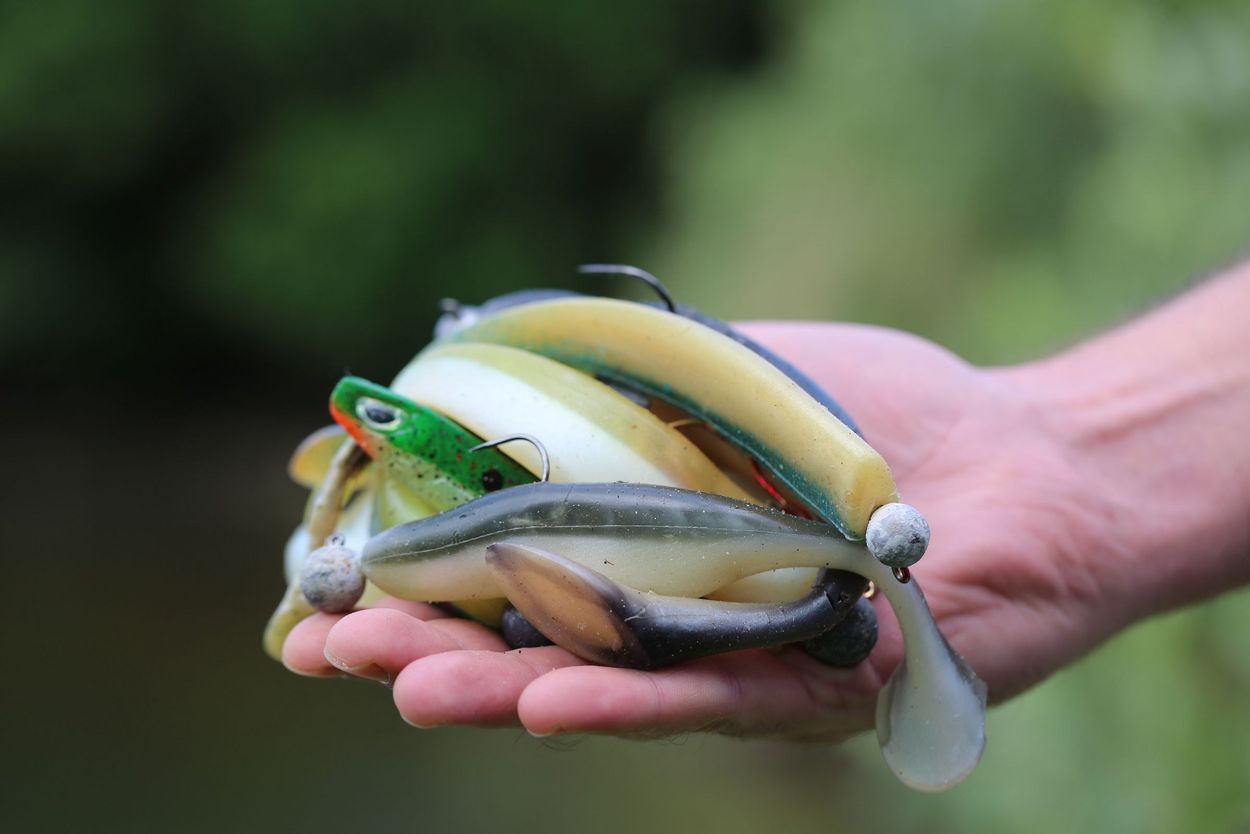Rostock/Bremerhaven (02. Juli 2024). Soft plastic lures are increasingly being used in recreational angling worldwide. Their loss in the environment has raised concerns among anglers and environmentalists regarding possible environmental and health risks. A study on the potential effects of soft plastic lures on the environment and human health has now been published in the scientific journal Science of The Total Environment. The work was published by scientists from the German federal Thuenen Institutes of Baltic Sea Fisheries and Fisheries Ecology, the Toronto Metropolitan University and the University of Saskatchewan.
The interdisciplinary research team examined 16 common models of soft plastic fishing lures. The analyses focused on the release of water-soluble plastic additives, including so-called plasticizers. The results confirm that ten of the 16 baits examined released various plasticizers, including known harmful phthalates, during the 61-day observation period. In addition, 45 other persistent, mobile and toxic plastic additives were detected. A sub-sample of ten baits was also tested for possible estrogenic activity. One extract showed hormonal activity, which could be due to unknown additives. Parallel to the chemical analysis, the researchers conducted a survey among anglers in Germany. The majority of participants were concerned about the potential ecological impact of soft plastic bait and were in favor of labeling the ingredients and legal restrictions on toxic ingredients. The survey confirmed that artificial lures are frequently lost when fishing. In addition to the need for further research, the scientists see a particular need for action on the part of the industry, which should develop fishing lures that are environmentally friendly and harmless to health.
This study highlights the need for further research on this topic and helps to raise awareness among the angling community to continue to demand the development of alternative, health and environmentally friendly fishing lures from the manufacturing industry.

![[Translate to English:] [Translate to English:]](/media/_processed_/d/7/csm_Startseite-OF_03_c0dfd6e750.png)
![[Translate to English:] [Translate to English:]](/media/_processed_/a/3/csm_20181116-151457-Stella-Jerome-Fischfalle-Warnem%C3%BCnde-Dorsche-im-Netzk%C3%A4fig-5691_heller_3050c72fa2.png)








